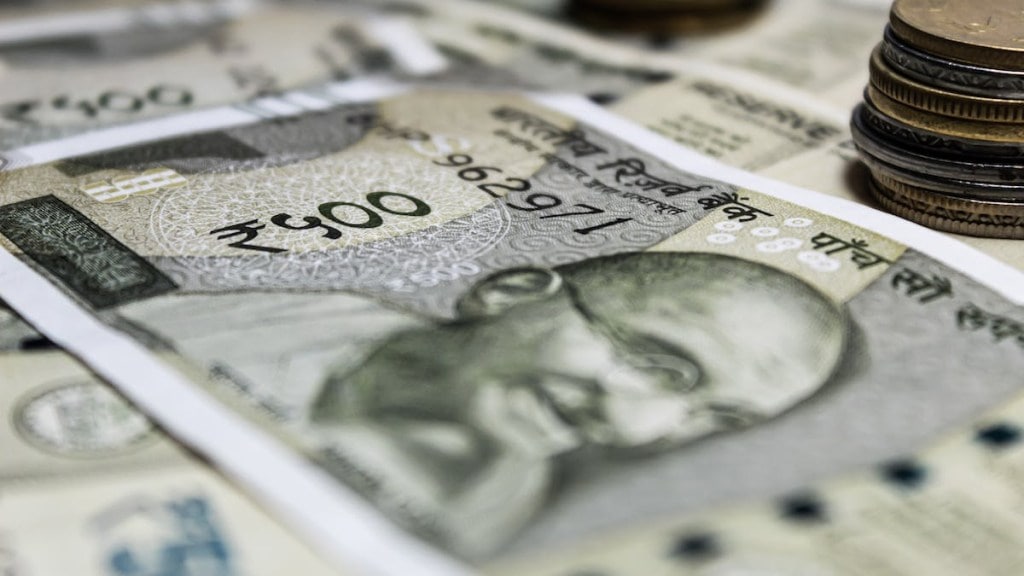DBS Bank India is likely to clock a 12-15% year-on-year (YoY) growth in overall advances and 25% increase in deposits during the current fiscal, Prashant Joshi, MD and head of consumer banking India operations, told FE in an interaction.
“The loan book will grow 12-15% YoY to somewhere between Rs 50,000 crore and Rs 55,000 crore as on March 2024. As a bank, we want to grow our SME (small and medium enterprises) and consumer credit footprint and the entire growth strategy is predicated on the same,” he said. When DBS took over Lakshmi Vilas Bank in November 2020, consumer loans formed just 5% of overall advances, but now account for 25% of the overall book. SME loans account for 20% and corporate loans constitute the rest of the book.
Joshi ruled out listing of DBS Bank India anytime soon, saying the bank’s complete focus now is on digesting integration of Lakshmi Vilas Bank and making it perform. “The integration of technology and people and the uplift of the entire branch network have been done. We now want to make sure the network starts performing more in terms of deposits and credit and on other parameters.”
On the possibility of a structural risk in growing the unsecured consumer credit book when the Reserve Bank of India (RBI) has hiked the risk weight on these segments, Joshi said there is “nothing” building in terms of stress that the bank has not accounted for with regard to personal loans.
“After the pandemic, as banks were able to repair their balance sheets, they started to lend in a big manner. In unsecured personal loans, the tenure is typically 36 months and overall delinquencies are the highest at the fag end of the repayment tenure,” he said.
Any sensible business manager, he said, needs to make sure that she evaluates profitability and the return on the product. “So, just because the product looks good in the first year, you should not aim to grow the book by 2X or 3X. Likewise, you must not stop offering a product in year three when delinquencies are often the highest,” Joshi said.
“The RBI always analyses the data thoroughly and then makes a final assessment of any given issue. Therefore, it has sounded caution as the personal loan cycle is now maturing, and you will start seeing delinquencies rise. At least for us, I can say there is nothing we have not accounted for in the personal loan space,” he said. Further, with the higher interest rate scenario likely to prevail for some more time, the repayment ability of end borrowers gets stretched, Joshi said, adding that the technology sector which creates large employment is also painting a cloudy picture with moderating growth.
The bank’s capital adequacy ratio, however, will not be significantly affected due to the RBI’s hike in risk weights due to its low base of unsecured loans, he said. The lender raised Rs 1,920 crore in December from parent DBS Bank, Singapore, for growth purposes and it will enable the lender to sustain its overall capital adequacy ratio at above 15%. On the liabilities side, while the bank’s overall deposits will rise 25% YoY from Rs 61,375 crore as on March 2023, low-cost current account and saving account (CASA) ratio will account for 25-27% of overall deposits, he said.
The lender’s gross and net non-performing asset ratio moderated to 5.61% and 1.17%, respectively, during March 2023, from 9.5% and 1.61% in the preceding year.

